ICELANDIC WILDLIFE FUND
The Icelandic Wildlife Fund is an environmental organization which focuses on environmental protection and conservation, including the protection of the wild Icelandic salmonids; the wild salmon stocks, Arctic char, sea trout and other wild freshwater fish in Icelandic rivers and lakes.
Image: Einar Falur Ingólfsson
The Icelandic Wildlife Fund is an environmental organization which focuses on environmental protection and conservation, including the protection of the wild Icelandic salmonids; the wild salmon stocks, Arctic char, sea trout and other wild freshwater fish in Icelandic rivers and lakes.
The IWF is a non-profit grass-roots organization funded by donations from individuals and businesses, as well as private and public institutions. The IWF is incorporated as a non-profit according to the relevant Icelandic law (no. 19/1988) on foundations and charities.
Reasons to avoid salmon
from open net-pens
Industrial-scale farming
of salmon in open sea pens damages the environment and the ecosystem and treats the farmed salmon terribly.
Open pen farming
is an unacceptable method of food production
Open net pen salmon farming
compromises the survival chances of wild salmon populations.
Open net pens
are the source of a continuous torrent of parasites, pollution, disease, and escaped salmon that cause genetic pollution.
Genetic mixing obliterates
10.000 of years of evolutionary adaptation of wild salmon populations to their environment and drastically reduces their ability to survive in the wild
Current plans
call for at least 68 million salmon in sea pens in Icelandic fjords. This is 1,133 times the size of the wild Icelandic salmon population.
Sewage pollution
from each ton of salmon in open net pens is equal to that produced by sixteen people.
A single meal
of farmed salmon requires proteins and nutrients which would be enough for three to four meals.
Open net pens
are breeding grounds for parasitic fish- and salmon louse.
Conditions in the pens
are so bad that 20 percent of the fish die before they can be harvested.
Open net pens
allow pollution and residues of feed, pharmaceuticals, and pesticides to pour unhindered into the ocean, alongside escaped fish.
Untreated waste
rom the pens, including fecal matter and the residue of feed, pesticides, and pharmaceuticals, flows unhindered into the ocean and accumulates on the seabed
The pesticides used
in the pens are lethal to other marine life.
Enormous quantities of plastic pollution
is emitted by sea pens: The nets, floats, and feed tubes are all made of plastic.
Large quantities of microplastics
are delivered with the feed to salmon in open pens, and then into the ocean.

Need answers?
Ask us
Skilmálar og persónuvernd
Umhverfissjóðurinn The Icelandic Wildlife er ekki rekinn í ágóðaskyni ( non – profit ).
Hann er sjálfseignarstofnun og starfar samkvæmt lögum nr. 19/1988 um sjóði og stofnanir.
